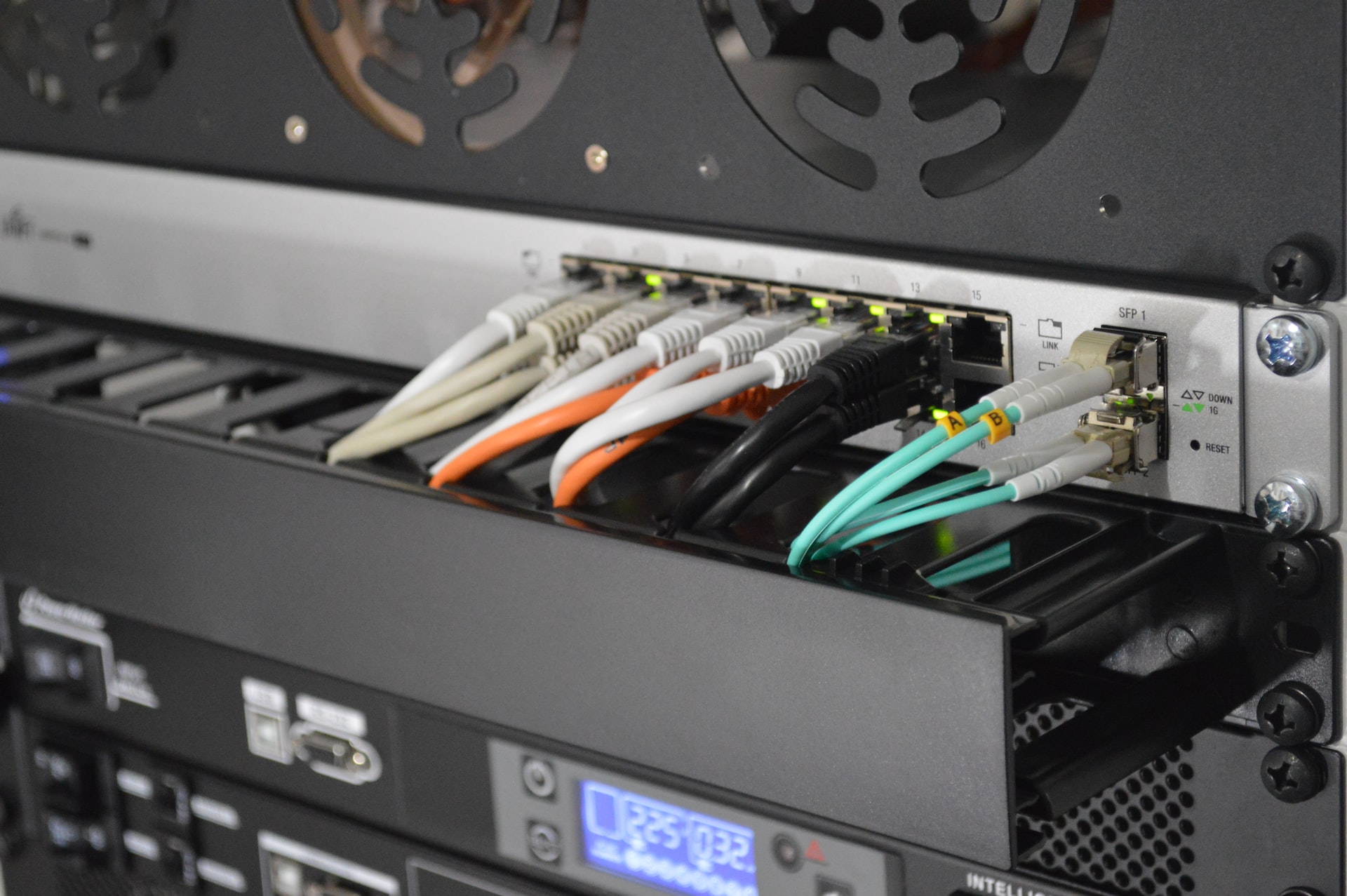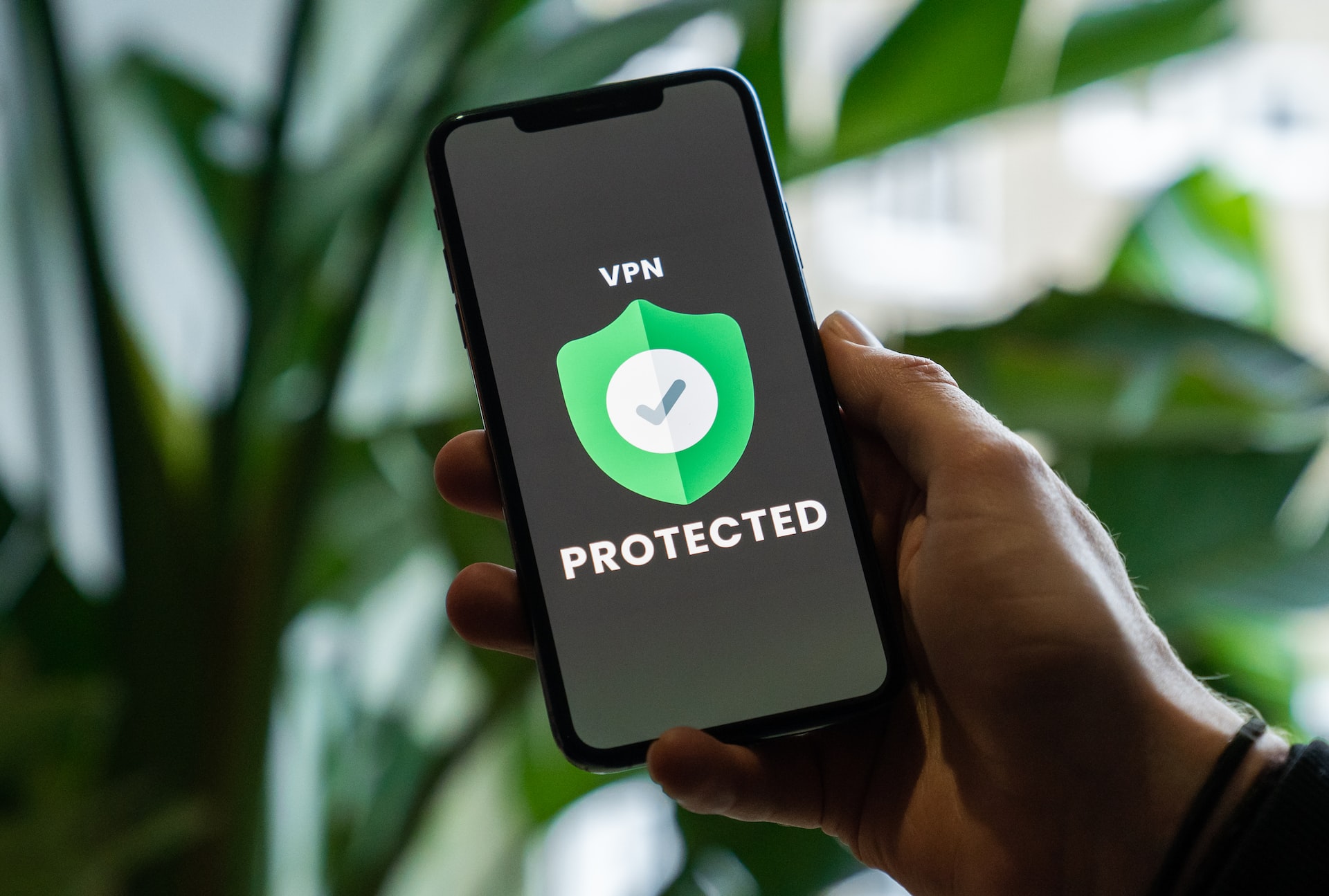This article will guide you through everything you need to know about residential proxies.
From what they are to how to use them – you will find out every tiny detail.
So, let’s start.
What are residential proxies?
Residential proxies are the technique by which a person chooses a specific location (city or country) to surf the Internet as a user from that location.

In other words, residential proxies are intermediate or intermediary servers that protect users from general web traffic.
How do residential proxies work?
Proxies work by rerouting the website traffic through a device and passing it to another device or website.
In this case, the activity is being stopped and rerouted, and the IP address is being procured by the destination website, not the original one. In other words, you get an alternative IP address, and your actual IP address is not exposed.

But the alternative IP address is also existent. While searching the Internet, users are still perceived as real users.
Depending on the type of proxy you use, you might be able to target particular cities or countries. Additionally, all your requests should be HTTPS encrypted.
Residential proxies help users to protect themselves from hackers and other threats.
What are residential proxies used for?
- Testing ad placements – This can help companies with ads placed on their websites to verify them and recognize and block suspicious ads.
- Web scraping – This is extremely useful for companies that want to monitor their competition. Web scraping with residential proxies is simple because it allows continuous rotation of IP addresses and mass scraping.
- Scalping products – People who buy limited-availability products can use residential proxies to hide their bots from IP blocking. Residential proxies let mass buyers purchase vast quantities of products and resell them later at a higher price.
- Ad fraud – In this case, residential proxies can be used to hide the source of the traffic. This can help affiliates hide their clicks, leads, and impressions and conceal their actions.
- Getting around restrictions – Since you can set up your IP address to be in a different location, you can then watch content blocked in your country.
- Market price monitoring – Residential proxies allow companies to use different sales intelligence software to monitor prices. You can then compare and analyze prices on the market to easily set your prices.
- Cybersecurity testing – Cybersecurity companies can use residential proxies during cybersecurity penetration tests. In these cases, their goal is to identify how cybercriminals behave.
What to consider when investing in residential proxy?
- Budget – Residential proxies are expensive so do your research to find the best deal.
- Purpose and use – Think about why you need residential proxies. If you need something for basic security or small-scale scraping, go for data center proxies instead. If you need something for vast scraping or anonymity, choose residential proxies.
- Compatibility with automation tools – Ensure that the residential proxy you want to use works with automation tools on the website.
- Site unlocking – Check if the residential proxy can be used for the website you want to vist, and if you can watch the content from the platform.
Wrapping up
Residential proxies can be extremely useful if you want to perform particular actions. But, before investing in one, ensure that you need it and can use it.



